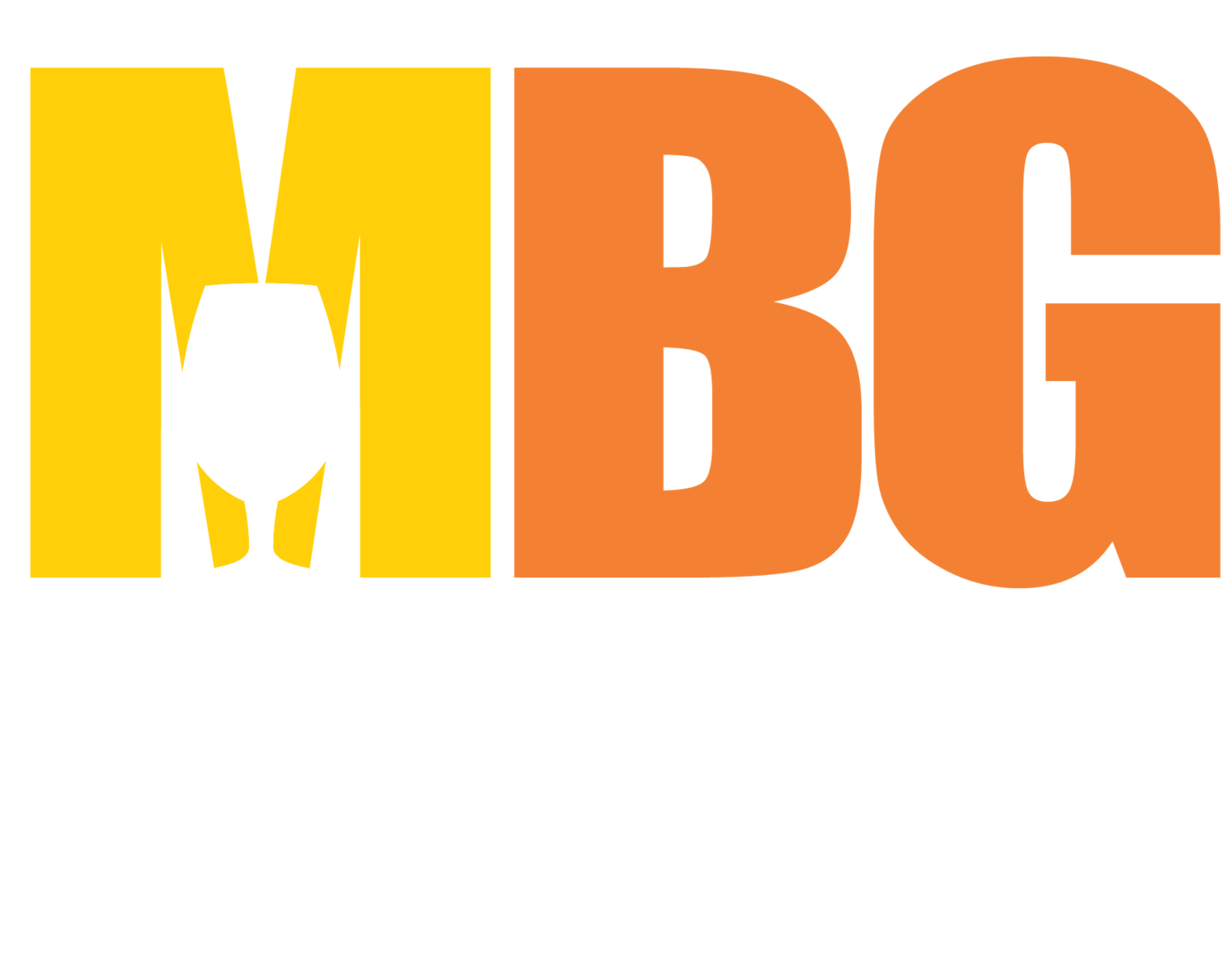Three Keys to Crafting a Better Business Protection Plan
By: Matt Montesano
A craft brewery insurance consultant at Cavallo & Signoriello
It’s a warm, sunny day in Massachusetts. The Red Sox are up by five runs. The food truck is serving your favorite grilled cheese (the one with the fontina and the perfectly caramelized onions...). Clusters of friends are gathered outside on the patio, sipping your summer special—a smooth brew of honey and citrus.
Leave it to an insurance agent to spoil this idyllic scene, but hey, risk management is our job. And at the end of the day, most craft brewers thank us for pointing out the gaps they hadn’t seen before. Are any of the following exposures lurking around your craft brewery? If so, these three tips will help you take action.
1. Understand Your Risk Profile
Craft breweries and brew pubs are unique businesses in every sense, but especially in terms of their insurance requirements. Sure, you need general liability, workers’ comp, and property insurance—just like any commercial outfit. But beyond these basics, coverage types get pretty specific. (Or at least they should.) Don’t settle for an insurance package that’s designed for a neighborhood bar or a manufacturing plant. Neither one is synonymous with your risk profile.
Instead, ask your agent about niche coverages that might need to be bundled into your program. Commonly overlooked coverages include tank collapse, tank leakage, boiler and machinery breakdown, water processing disruption, product contamination or recall, and key employee coverage for your head brewer or brew master. (Yep, that’s right. There’s an endorsement available to help you recoup the costs of recruiting and hiring a new point person if necessary.)
Business interruption insurance is another biggie. A lot of breweries have it, although not often for the right amount. With dozens of breweries entering the market each week, the wait time associated with new tanks and equipment orders has skyrocketed. Following a fire, major storm, or other door-closing event, your policy needs to account for this prolonged lag.
2. Partner with the Right Team
Okay, so now you’re aware that craft brewery insurance is a super-nuanced product, much like the flavor profiles you create. It stands to reason that not every insurance agency is up to the task of quoting your business, nor every commercial insurance carrier. (You don’t want your business to be the guinea pig for someone’s foray into brewery insurance.)
Before choosing an insurance partner, find out if the different candidates are fully invested in your industry. For starters, do they spend any personal time at local breweries? Do they know the difference between Golding and Chinook hops? Do they even enjoy beer? Admittedly, these aren’t essential criteria, but it’s always easier to work with someone who recognizes and appreciates the value of what you do every day. More important qualifiers include number of years in business, customer references, value-added service offerings, industry association membership (e.g. the MBG), network and carrier relationships.
Why do networks matter? Because your insurance agent should be helping you more than once a year. As your business evolves, your footprint and risk profile can change, too. Maybe you’ll want to add a roof deck, start leasing kegs, bring in live entertainment, build an in-house kitchen, take your business on the road… In cases like these (and so many others!), a legal and/or financial expert should be guiding your path; brewery insurance professionals already have relationships with the folks you should consult. Meanwhile, they know how all of the above changes will affect your coverage needs.
3. Prevent Loss Events before They Happen
Remember the Chris Rock bit that defines insurance as, “in case sh*t happens”? Good insurance partners don’t approach business protection this way, and neither should you. Ongoing, proactive risk management should be a built-in component of your business plan. If you don’t have the time or resources to get it done independently, don’t be shy about calling on your agent.
Some preventable loss events are obvious: liquor liability claims, for example. You staff should receive regular training on how to avoid over pouring, over-serving, or allowing intoxicated patrons to drive. But you can also take steps to prevent employee injuries and costly business disruptions. Hosting onsite trainings to teach proper lifting techniques, believe it or not, can save you a lot vis-à-vis workers’ compensation claims.
Here are some other pieces that belong in a thorough craft brewery safety program: employee handbooks, first aid and CPR training, defensive driver training for fleet drivers (if applicable), hazard analyses and written procedures in accordance with OSHA guidelines. Your brewery insurance partner should be available to help with all of it.
Because ultimately, creating the good stuff—the atmosphere, the flavors, the throngs of loyal fans—is your job. Protecting your ability to thrive and grow: that’s the real definition of insurance. And when you leverage it correctly, it’s every bit as idyllic as a summer day on the patio.
Matt Montesano is a craft brewery insurance consultant with more than five years of experience in customer service and sales. He holds a degree in finance from Providence College, where he was a member of the Friars’ Division I hockey team. Outside the C&S Insurance office, Matt enjoys discovering new restaurants and breweries in and around Boston. He can also be found at the park or the beach with his 10-month-old English shepherd, Gordie. Follow Matt’s tweets @MattMontesano26.
Craft breweries and brew pubs have an extremely unique risk profile. Not every insurance provider is up to speed on the industry’s exposures and available products. At C&S, we work with leading carriers—several of whom offer brewery-specific insurance packages, designed to bundle the appropriate coverage into one, hassle-free insurance program. Ask our experts how your brew pub or craft brewery insurance should be structured, based on your individual operation.



